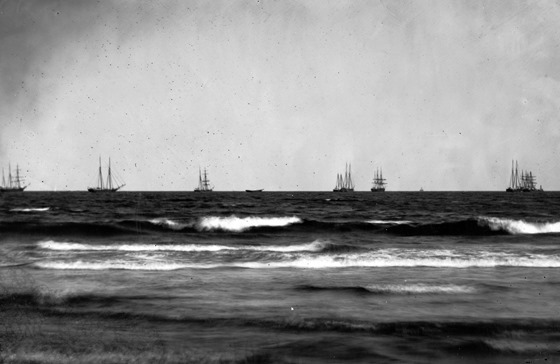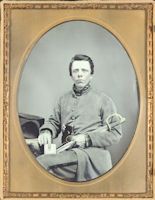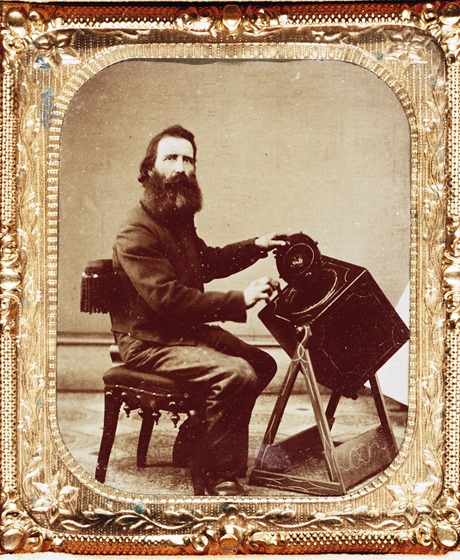by John Beauchamp Jones
JULY 14TH.—To-day we have tidings of the fall of Port Hudson, on the Mississippi River, our last stronghold there. I suppose some 10,000 or 12,000 of our men had to surrender, unconditionally. Thus the army of Gen. Pemberton, first and last, some 50,000 strong, has been completely destroyed. There is sadness and gloom throughout the land!
The enemy are established on MorrisIsland, and the fate of Charleston is in doubt.
We have nothing authentic from Gen. Lee; but long trains of the slightly wounded arrived yesterday and to-day.
It has been raining, almost every day, for nearly two weeks.
The President is quite amiable now. The newspaper editors can find easy access, and he welcomes them with smiles.
A letter was received to-day from a Major Jones, saying he was authorized to state that the Messrs. engine-makers in Philadelphia, were willing to remove their machinery to the South, being Southern men. The President indorsed that authority might be given for them to come, etc.
Gen. Beauregard writes for a certain person here skilled in the management of torpedoes—but Secretary Mallory says the enemy’s gun-boats are in the James River, and he cannot be sent away. I hope both cities may not fall I
A heavy thunder-storm, accompanied with a deluging rain, prevails this afternoon at 5½ o’clock P.M.
 Note – This image has been digitally adjusted for one or more of the following:
Note – This image has been digitally adjusted for one or more of the following:










